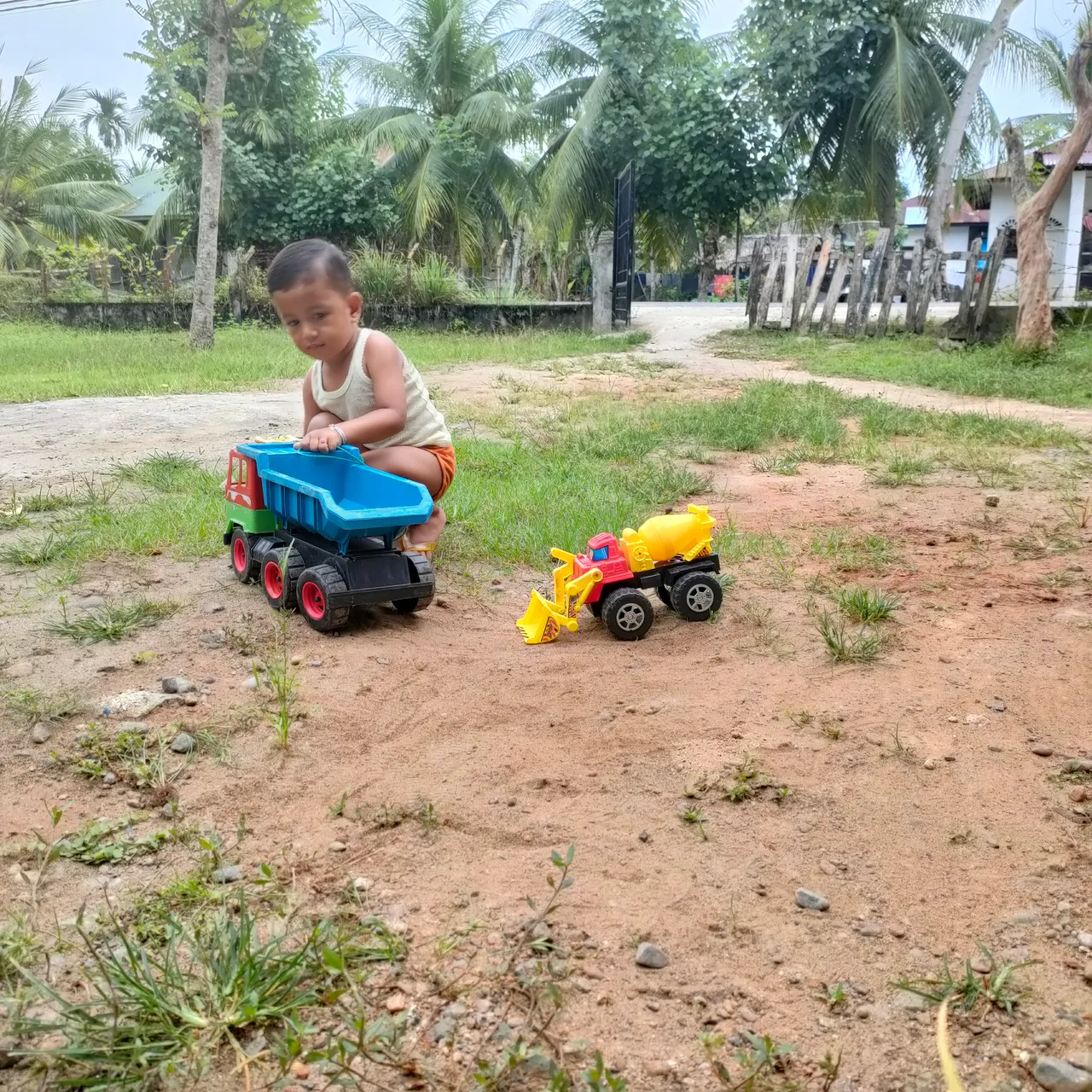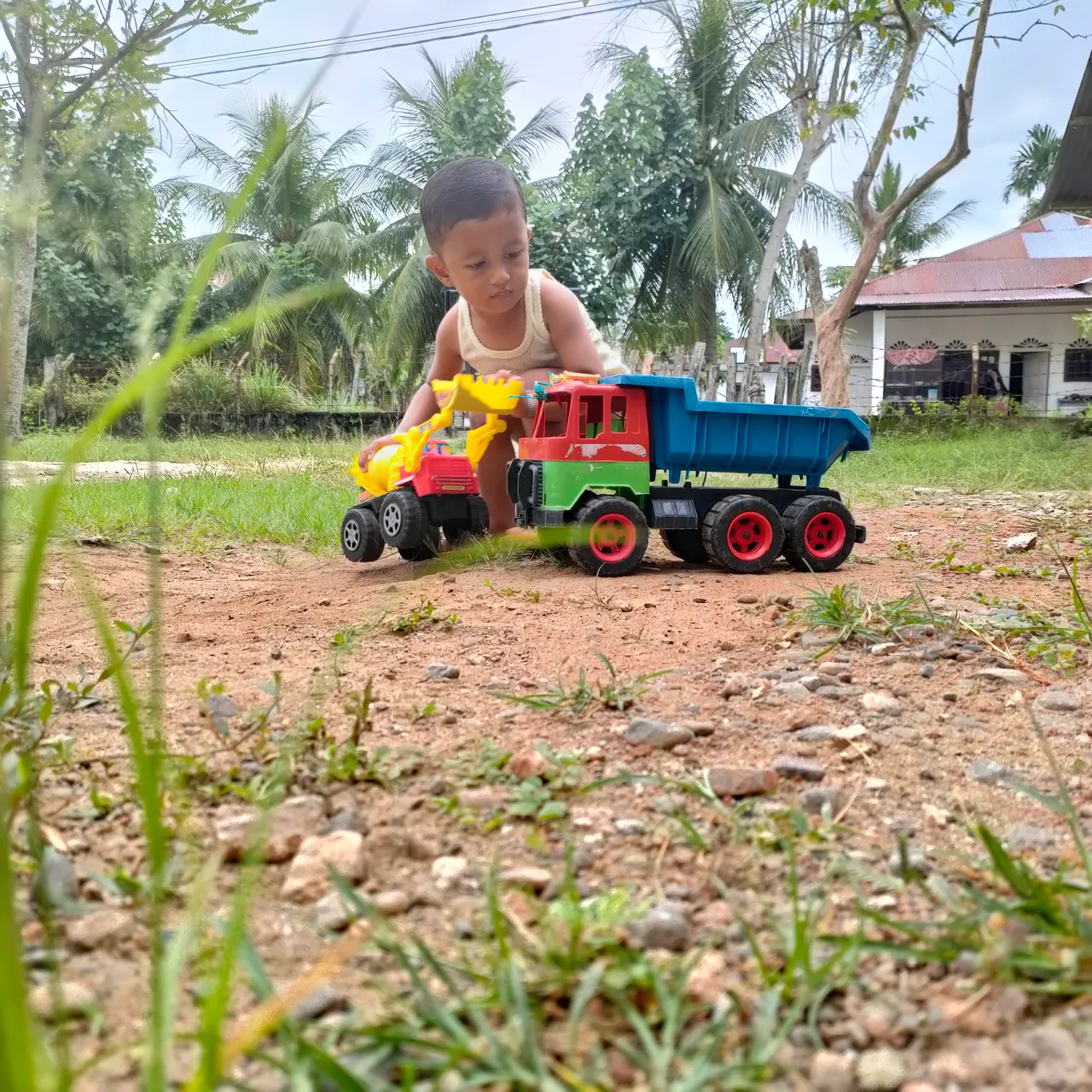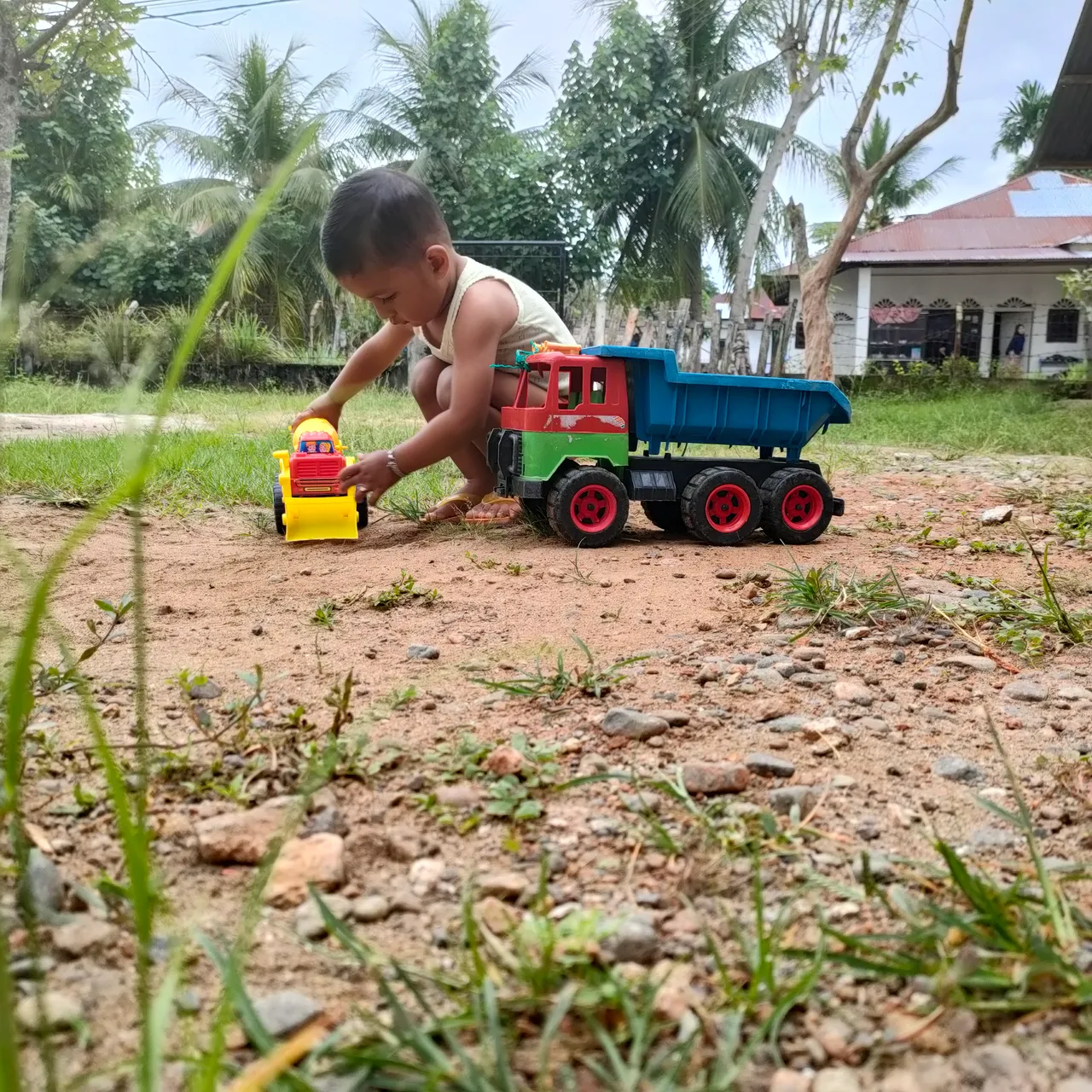Children's happiness is the dream of all parents. In the eyes of parents, children who can play happily and grow and develop well are a sign that their children are happy. But the source of a child's happiness does not come from the toys he has, or a fun school atmosphere, but from his own parents.
Happiness plays a fundamental role in helping children to grow and develop better. Happy children are healthy children and healthy children are happy children. Health is also seen by parents as one of the key factors that can support children's happiness. While for fathers and mothers, families, especially children, are recognized as the main source of happiness, but there are other factors that can affect their happiness, namely the need to be able to actualize themselves, either through art, hobbies, work, or personal interests.
Children's happiness is one of the important things in parenting. Children who feel happy in the process of growing and developing will have self-confidence, are more independent, easy to socialize, and work together better. Happiness also makes children more motivated to learn so they can achieve more, make it easier for parents to instill positive family values, think more optimistically and positively, and more easily empathize and help others.
Giving children the joy of childhood helps them to be successful in life. Raising happy children is not about giving them instant pleasure or immediate gratification, quite the opposite. Happy children have a set of skills that enable them the skills that enable them to enjoy long-term happiness in life. They can miss instant gratification in the pursuit of goals.
 |
|---|
Parental expectations have a major impact on a child's willingness for his parents to challenge himself. Children will work hard to live up to their parents' expectations as long as Mom's expectations are reasonable. One study showed that when parents have high academic expectations of their children, they will do better in school and they will last longer on difficult tasks. High expectations are also related to social resilience. But it's important to note that you shouldn't expect perfection. Expecting children to be perfect can increase the risk of mental health problems. Children may also give in to goals that their parents set too high for.
 |
|---|
Your child may insist that playing video games for hours makes him happy. But too much time watching movies or videos that are not meant for children will only interfere with the health of child psychologists. Adolescents who spend less time on digital devices and more time on other activities such as exercise, homework, religious services and other personal activities are happier. Set clear limits on the use of digital devices in children. If they have a smart phone, limit their access when doing family activities, driving the car, or when playing outside. Also set clear guidelines for how much time can be spent watching TV and using the computer.
BEST REGARD
@amryksr





